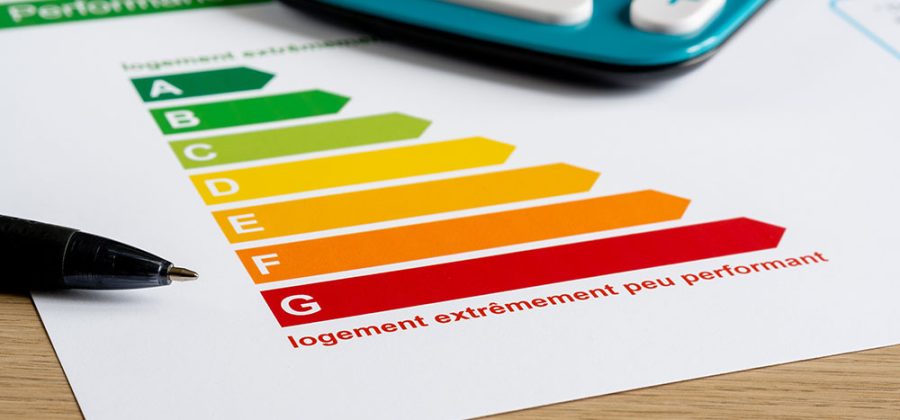The commercial property sector in England is facing a pivotal shift as it adapts to increasingly stringent energy efficiency regulations. Under the government’s Minimum Energy Efficiency Standards (MEES), since April 2023, landlords are prohibited from continuing to let commercial properties that fall below an EPC rating of E. Looking ahead, proposed changes will tighten this requirement even further, with EPC C targeted by 2027 and EPC B by 2030, presenting a significant challenge for the existing building stock.
Much of the commercial real estate in England comprises older, energy-inefficient buildings, many of which were constructed before modern building regulations began prioritising sustainability. Office blocks, warehouses, and retail units built in the mid-to-late 20th century commonly have poor insulation, single glazing, inefficient lighting, and outdated heating and cooling systems. According to the UK Green Building Council, over 80% of the buildings that will exist in 2050 have already been built — highlighting the urgent need for extensive retrofits.
For landlords and investors, the path to compliance involves more than just ticking regulatory boxes. Energy improvement works — such as LED lighting, replacing gas boilers with heat pumps, or installing solar panels — require considerable upfront capital and may lead to operational downtime. Moreover, commercial landlords must balance these upgrades against lease obligations, tenant satisfaction, and return on investment.
Another significant barrier is data availability and visibility. Many owners lack real-time performance insights, particularly across mixed-use or multi-tenanted assets, making it difficult to identify the most cost-effective improvements. This has driven a surge in demand for building performance modelling and digital energy audits, enabling data-driven decisions.

There remains a growing recognition that improving energy efficiency can also create long-term asset resilience. Properties that meet or exceed future EPC requirements are more attractive to occupiers facing ESG scrutiny and are more likely to retain value and liquidity in the market. Conversely, non-compliant assets risk becoming stranded, with reduced rental yields and higher disposal costs.
To meet these evolving requirements, stakeholders must adopt a proactive, strategic approach. This includes early-stage EPC reviews, long-term capital expenditure planning, and integrating sustainability considerations into planned maintenance and refurbishment cycles. Collaboration between landlords, tenants, consultants, and contractors will be key to upgrading England’s ageing commercial building stock — not only to meet regulations but to future-proof against the growing climate and legislative hurdles.
GDA Surveying is a RICS-registered firm, consisting of highly experienced chartered surveyors, providing expert advice and project support. Our dedication to delivering personalised solutions and a strong commitment to quality and exceptional customer service sets us apart. If you are considering capital expenditure, planned maintenance strategies, refurbishment and upgrade projects, or need technical support across your portfolio, we would welcome the opportunity to demonstrate the added value GDA Surveying can bring.



